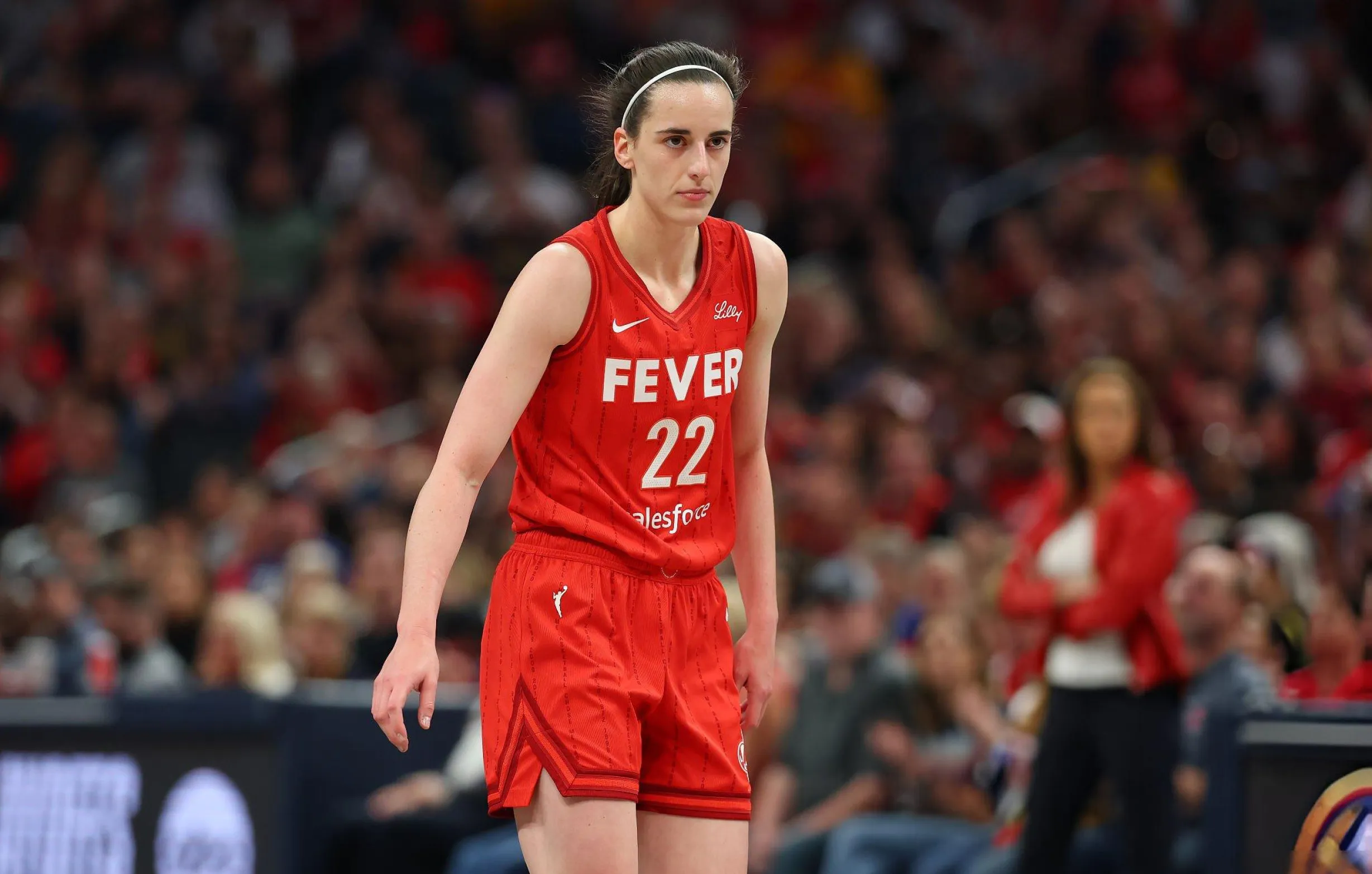Indiana Fever
Cunningham Faces Second Fine for Criticizing WNBA Officials

Sophie Cunningham, a standout guard for the Indiana Fever, has recently found herself in the spotlight for the second time this season, facing financial repercussions for her outspoken criticism of WNBA referees. According to reports from ESPN, Cunningham has been fined once again after publicly expressing her discontent with officiating standards during the Fever’s games.
This latest incident underscores a growing trend among players who feel compelled to voice their frustrations regarding officiating in the league. Cunningham’s comments, while candid, reflect a broader concern among athletes about the consistency and transparency of officiating in women’s professional basketball. The WNBA, like many sports leagues, has been grappling with the balance between player expression and maintaining the integrity of the game.
In her previous remarks, Cunningham highlighted specific instances of what she deemed poor officiating that not only affected the outcome of games but also the morale of the players. Such sentiments resonate with fans and fellow players alike, who often share similar frustrations when decisions seem to sway the momentum of tightly contested matches. As reported by ESPN, this second fine serves as a reminder that the league is keen on upholding certain standards for player conduct, especially regarding public commentary.
Cunningham’s situation raises important questions about the relationship between players and officials. On one hand, players are encouraged to be vocal and passionate about their game; on the other, they must navigate the league’s regulations concerning public statements. The challenge lies in finding a balance that allows for healthy discourse without crossing the line into disrespect or unsportsmanlike conduct.
The implications of these fines extend beyond just Cunningham. They may deter other players from speaking out about similar issues, which could ultimately stifle necessary conversations about the game’s officiating. Alternatively, Cunningham’s willingness to stand up for her beliefs may inspire her teammates and peers to advocate for themselves and push for improvements within the league.
As the Fever continue their season, Cunningham’s situation will be closely monitored, not just by fans but also by those in the WNBA who are invested in fostering an environment where players can express their concerns without fear of financial penalties. The league’s response to such criticisms may also influence its public image and relationship with its players moving forward.
While Cunningham’s fines may serve as a cautionary tale, they also highlight the passion and commitment athletes have toward the integrity of their sport. As the WNBA evolves, it will be critical for league officials to consider how they handle player feedback, as fostering an open dialogue can enhance the overall quality of the game.










